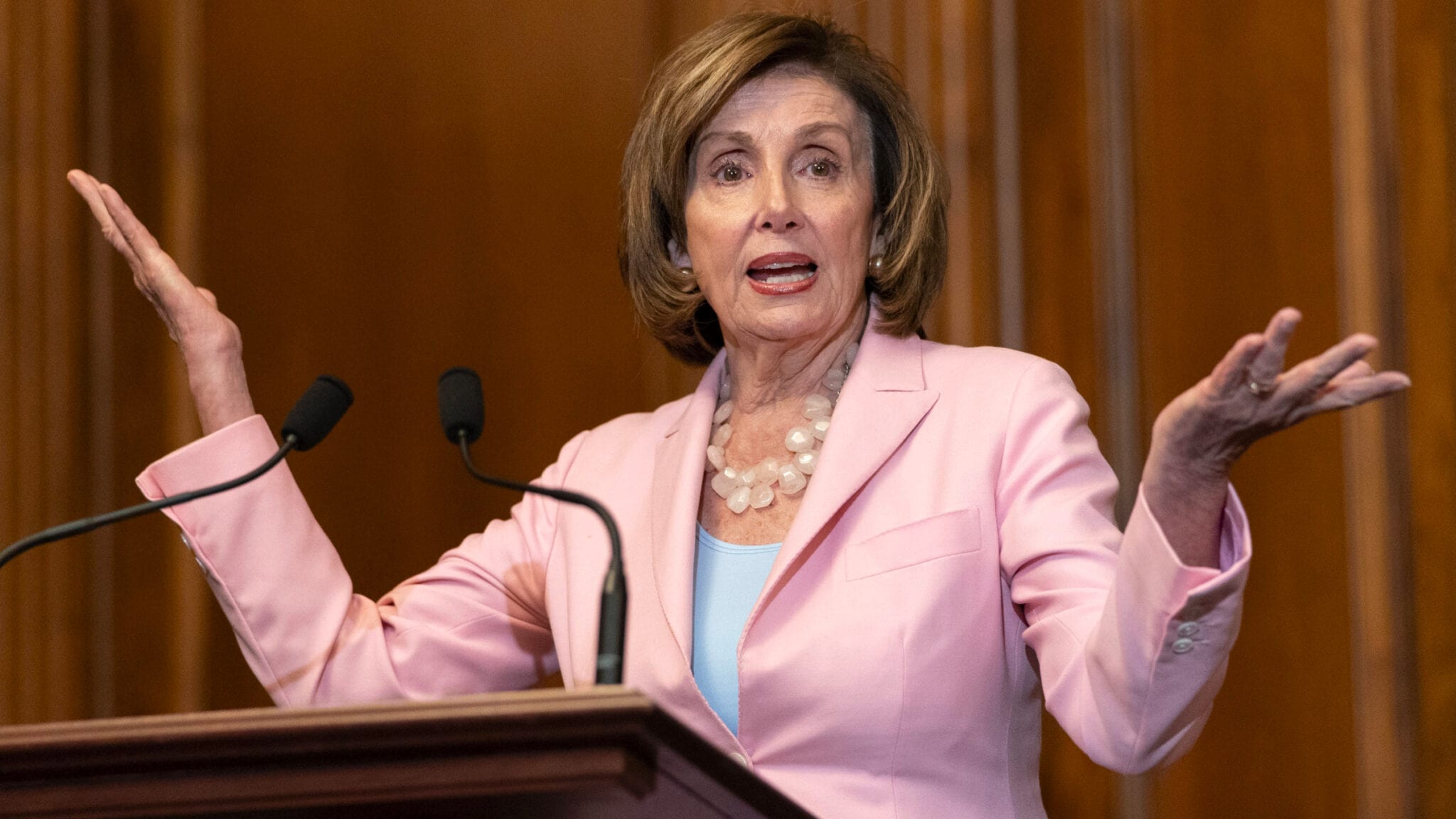
House Speaker Nancy Pelosi (Jacquelyn Martin/AP Images)
Pelosi threatens to slide drug pricing reform into Biden's budget bill, rejects industry pushback that innovation would suffer
After a report released by a key House committee showed a projected $1 trillion in buybacks over the next 10 years …
Sign up to read this article for free.
Get free access to a limited number of articles, plus choose newsletters to get straight to your inbox.